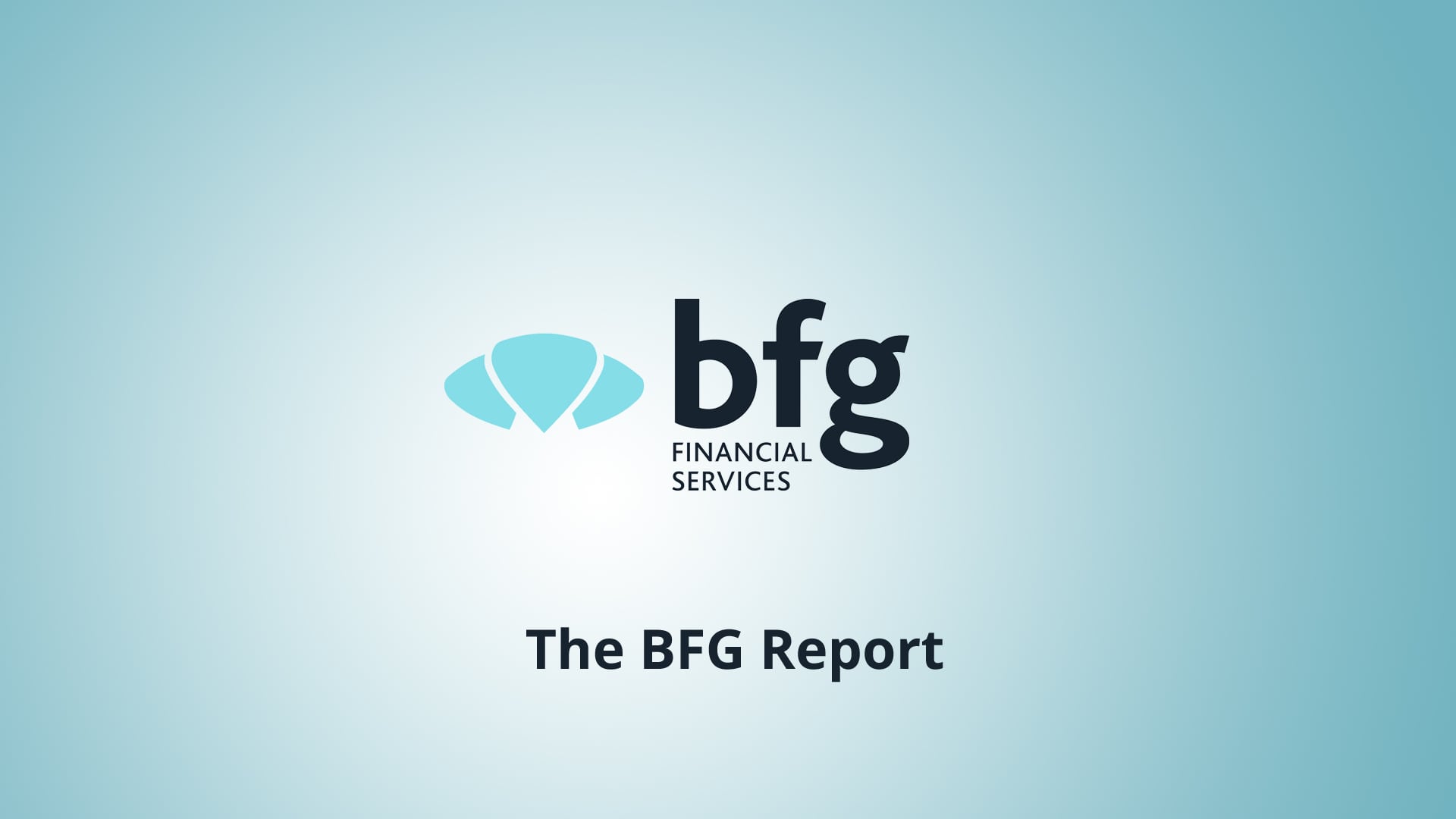Welcome to the 2020 Spring Edition of the BFG Report
Redundancy: a taxing time
In the current economic environment, the prospect of redundancy can become an unexpected reality or an unsettling concern for many. Redundancy can occur for any number of reasons. You may decide to leave your employer by accepting a voluntary redundancy, or you may be made redundant due to forces that are beyond your control.
Regardless of your situation and future intentions, you will need to understand and make some important decisions about your finances. This includes understanding any redundancy or termination payments that you may be entitled to and the tax you may be liable for.
Taxation of redundancy payments
If you leave your employer, the payments you receive depend on the circumstances surrounding your departure and your employment agreement.
If you have been made redundant because your employer no longer requires the job you were doing as part of their business, you are considered to receive a ‘genuine redundancy’ payment. Genuine redundancy payments are tax-free up to a certain amount.
Annual and long service leave taxation
Any unused annual leave and long service leave will also be paid to you along with your redundancy payment. Your employer will withhold a certain amount to pass onto the ATO for tax purposes. When you complete your tax return, depending on your final tax liability, the ATO will either refund you, request an additional payment from you or accept the amount of tax the employer has provided as correct.
Other types of payments you may receive when you leave your employer include unused rostered days off, unused sick leave and gratuity payments. These are classified as Employment Termination Payments (ETPs) and are taxed concessionally.
Extension to the age limit for genuine redundancy payments
The government has extended the age at which you can access the concessional tax treatment for genuine redundancy payments. This has been increased from the age-based limit of 65 years of age, to age-pension age which is based on your date of birth.
Making the right decisions
Job loss can be a very stressful experience. Friends and family may be able to offer emotional and financial support while you assess your situation and options, and professional counselling may also be beneficial should you feel overwhelmed by your predicament. Managing the reality of a redundancy involves many important financial decisions that can only be made with consideration given to your personal circumstances.
This may involve:
- identifying any Government assistance you may be entitled to
- understanding/assessing your personal insurance.
- identifying and securing any employer payments that you may be entitled to
- assessing your financial position and your ability to meet your financial commitments
Investment Market Review – Quarter Ended 30 June 2020
Australian Shares
The S&P/ASX 300 Accumulation Index outperformed global markets in the June quarter, rising 16.8%.
The Technology sector was the top performer (up 48.7%) while defensive sectors, such as Consumer Staples (up 7.2%), Utilities (up 4.1%) and Healthcare (up 2.3%) did not rise as much as the overall market. Smaller companies outperformed the broader market with the Small Ordinaries Index up 23.5%.
Australian Shares
1 Year is -7.60%
5 Years is 6.00%
10 Years is 7.70%
Listed Property Trusts
The Australian Real Estate Investment Trust (A-REIT) sector performed strongly, rising 20.2% during the June quarter, recovering some of the losses experienced during the March quarter decline.
The easing of lockdown restrictions across Australia was a key driver of this improvement as economic activity began to recover. Government stimulus also supported consumer spending which saw real estate associated with e-commerce or retail businesses benefit substantially.
Listed Property Trusts
1 year is -20.70%
5 Years is 4.70%
10 Years is 9.40%
International Shares
International shares had a weaker quarter compared to the Australian market with the MSCI World Index in Australian dollar terms rising 6.1%.
The Australian dollar rose 9.7% against major trading partners during the quarter which detracted from unhedged global equity returns. Hedged global equities rose 17.8% by contrast.
International Shares
1 Year is 4.80%
5 Years is 9.30%
10 Years is 12.20%
Fixed Interest
The Australian bond market benchmark, the Bloomberg AusBond Composite Index, rose 0.5% during the June quarter.
During the March and June quarters, the Reserve Bank of Australia’s (RBA) bond-yield targeting strategy saw them purchase over $50 billion-worth of Government bonds. This supported overall bond returns during the quarter.
Fixed Interest
1 Year is 4.20%
5 Years is 4.80%
10 Years is 5.60%
Cash
The Cash benchmark, the Bloomberg AusBond Bank Bill Index, rose 0.1% during the June quarter.
Term deposit investors could benefit from bank competition for deposits meaning they are willing to offer higher interest rates, but overall cash returns are expected to remain low.
Cash
1 Year is 0.80%
5 Years is 1.70%
10 Years is 2.70%
High Yielding Internet Savings Accounts
Financial Institution Interest Rate**
RaboDirect Bank 2.00% p.a.
ING Savings Maximiser 1.65% p.a.
Citi Online Saver 1.55% p.a.
ME Bank Online Saver 1.55% p.a.
Rams Saver 0.90% p.a.
St George – Maxi Saver 0.90% p.a
** Rates are subject to conditions and change. Rates are correct as at 14/9/2020.


